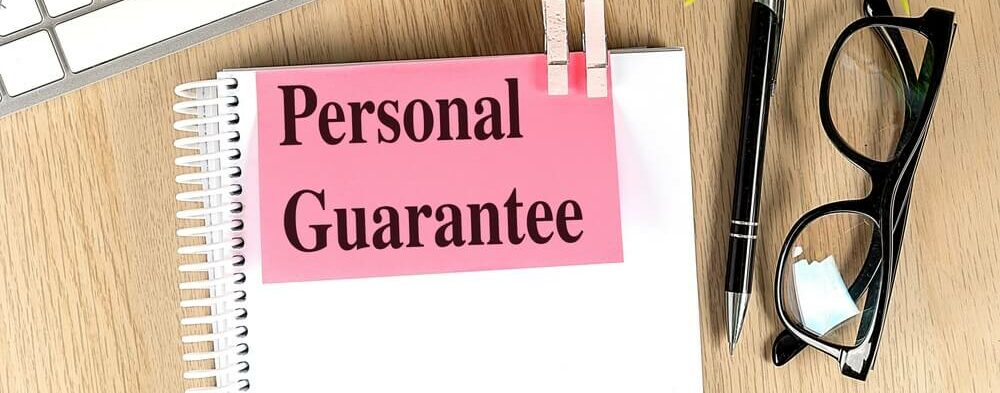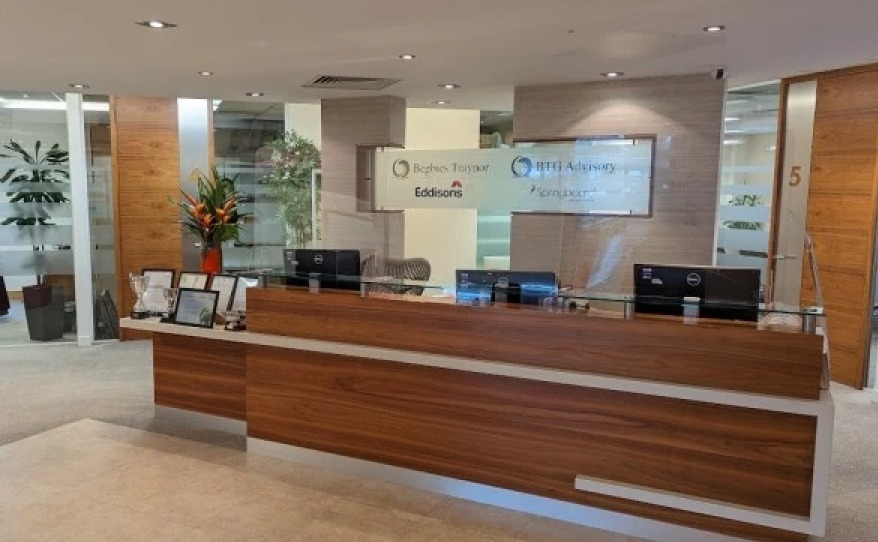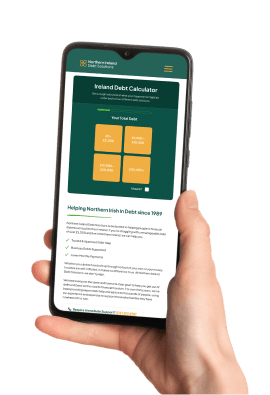What are income payment agreements in a bankruptcy?
When you enter bankruptcy control of your assets transfers to the Trustee, but there’s a further obligation that can arise depending on your level of income. You may be required to make monthly contributions from your income within a formal arrangement called an Income Payments Agreement (IPA).
So how does this arrangement work, and how does the Trustee decide on the amount that you’ll pay?

Income Payment Agreements – how do they work?
An Income Payment Agreement is a legally binding arrangement to repay creditors a pre-determined sum each month towards their debts. This is taken from your income, which may have risen since entering bankruptcy, as you’re no longer paying creditors individually.
Income Payment Agreements last for 36 months, so the repayments continue after you’ve been officially discharged as a bankrupt, which is typically after 12 months. If you refuse to agree to an IPA, the Trustee can request an Income Payments Order (IPO) that forces you to pay.
How is an Income Payment Agreement calculated?
The Trustee will look at your monthly income and essential household costs, and establish whether you have any disposable income at the end of the month. They take into account your individual and family’s needs in terms of expenses, and have some discretion when calculating the payment.
If your only income is from benefits or your disposable income is less than £20, you won’t be subject to an IPA.
Which household costs are taken into account?
Essential household costs generally include:
- Mortgage or rent
- Heating and lighting
- Food
- Water rates
- House insurance
- Broadband and telephone
- TV licence
- Medical costs, such as prescriptions, dentist, and optician
- Mobile phone contract, if the cost isn’t unreasonable
- Maintenance or child support payments
- Vehicle costs, such as tax, insurance, and breakdown cover, if you’ve been able to retain your car
- Professional memberships if they relate to your work
The Trustee will also take into account ‘reasonable’ costs for:
- Hairdressing
- Clothes
- Pets
- Children’s activities, such as clubs and sports
- Holidays
As a general guide, costs such as gym memberships, private health insurance, more than the minimum contributions to a pension, and regular charitable donations, are not viewed as essential, and this is not an exhaustive list.
What if your circumstances change?
If your financial or living circumstances change during the 36-month period, you need to inform the Trustee as they may want to amend your monthly payment. You might have received a pay rise, for example, in which case payments are likely to rise. On the other hand, if you’re made redundant or have had to accept a drop in pay, there’s in-built flexibility to lower repayments or even suspend the agreement.
For more information about Income Payment Agreements and bankruptcy in general, call our team of professionals at Northern Ireland Debt Solutions. We’ll provide professional guidance, and ensure you understand all your potential options to deal with your debt.
Browse more topics related to this article
Get Started – Contact The Team Today
Ready to take the first step to a brighter future? Contact Northern Ireland Debt Solutions today to understand your next steps.





